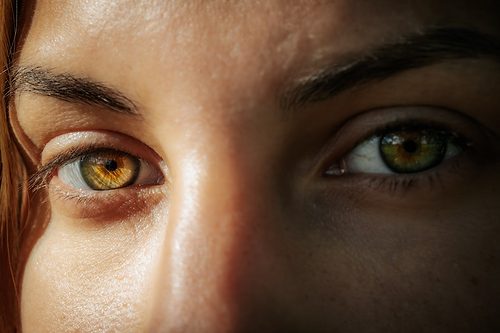Articles Tagged with ''depressive_disorder''
Fluoxetine May Prevent Relapse After Bipolar II Depressive Episode
Section editor, Glen Spielmans, PhD
Read More
Does Adding Psychotherapy Help Patients With Resistant Depression?
Section editor, Glen Spielmans, PhD
Read More

_-The-Breakthrough-Antipsychotic-That-Could-Change-Everything.jpg?1729528747)



